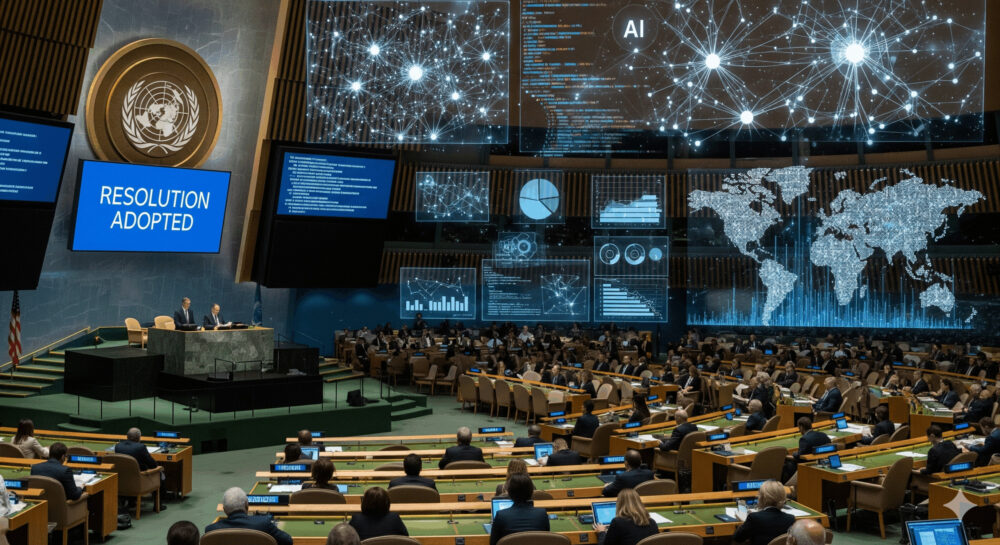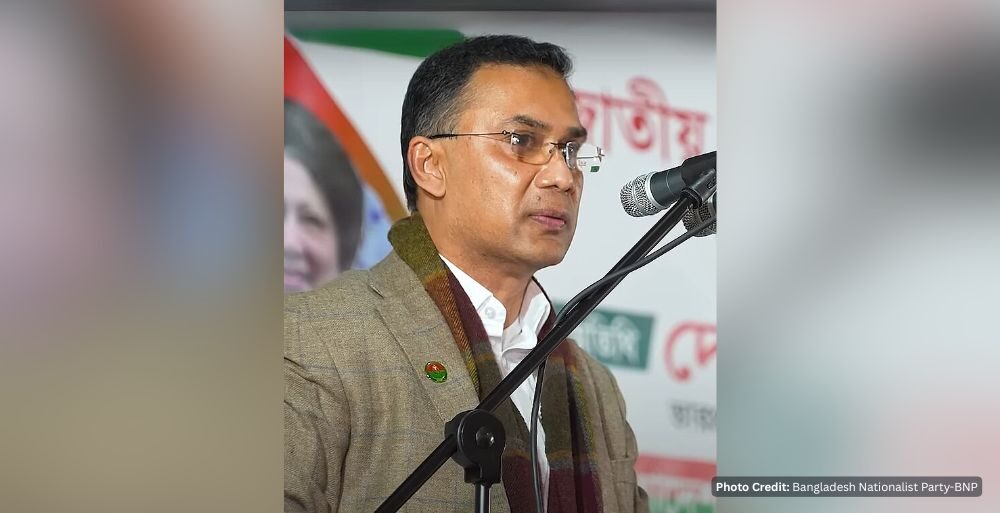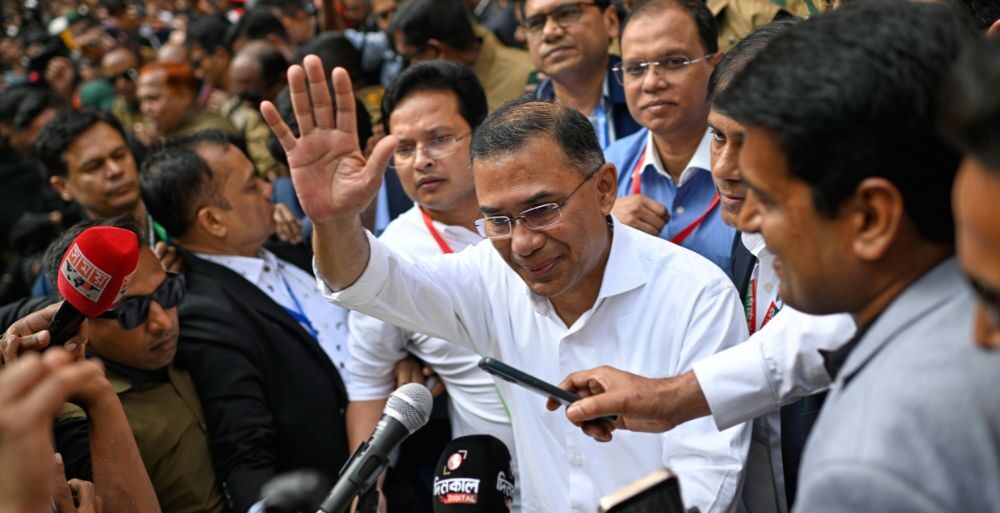At the 2025 United Nations General Assembly, the United States firmly opposed proposals for international oversight of artificial intelligence (AI), emphasizing the importance of national sovereignty in AI development.
Michael Kratsios, Director of the White House Office of Science and Technology Policy, stated that the U.S. “totally rejects all efforts by international bodies to assert centralized control and global governance of AI.” Instead, the U.S. advocates for collaboration among like-minded nations to promote AI development aligned with shared democratic values.
This stance contrasts with China’s position, which supports a multilateral approach to AI governance. China’s Vice Minister of Foreign Affairs, Ma Zhaoxu, called for an open, inclusive, and non-discriminatory environment for technological development, opposing unilateralism and protectionism.
European nations have implemented stringent AI regulations, potentially creating trade frictions with the U.S. Developing countries may face challenges in accessing AI benefits due to the lack of international cooperation and fragmented standards.
The United Nations has introduced the Global Dialogue on AI Governance, aiming to forge consensus around common interests and promote multilateralism. However, the U.S. remains cautious about centralized international regulation, prioritizing national control over AI development.















